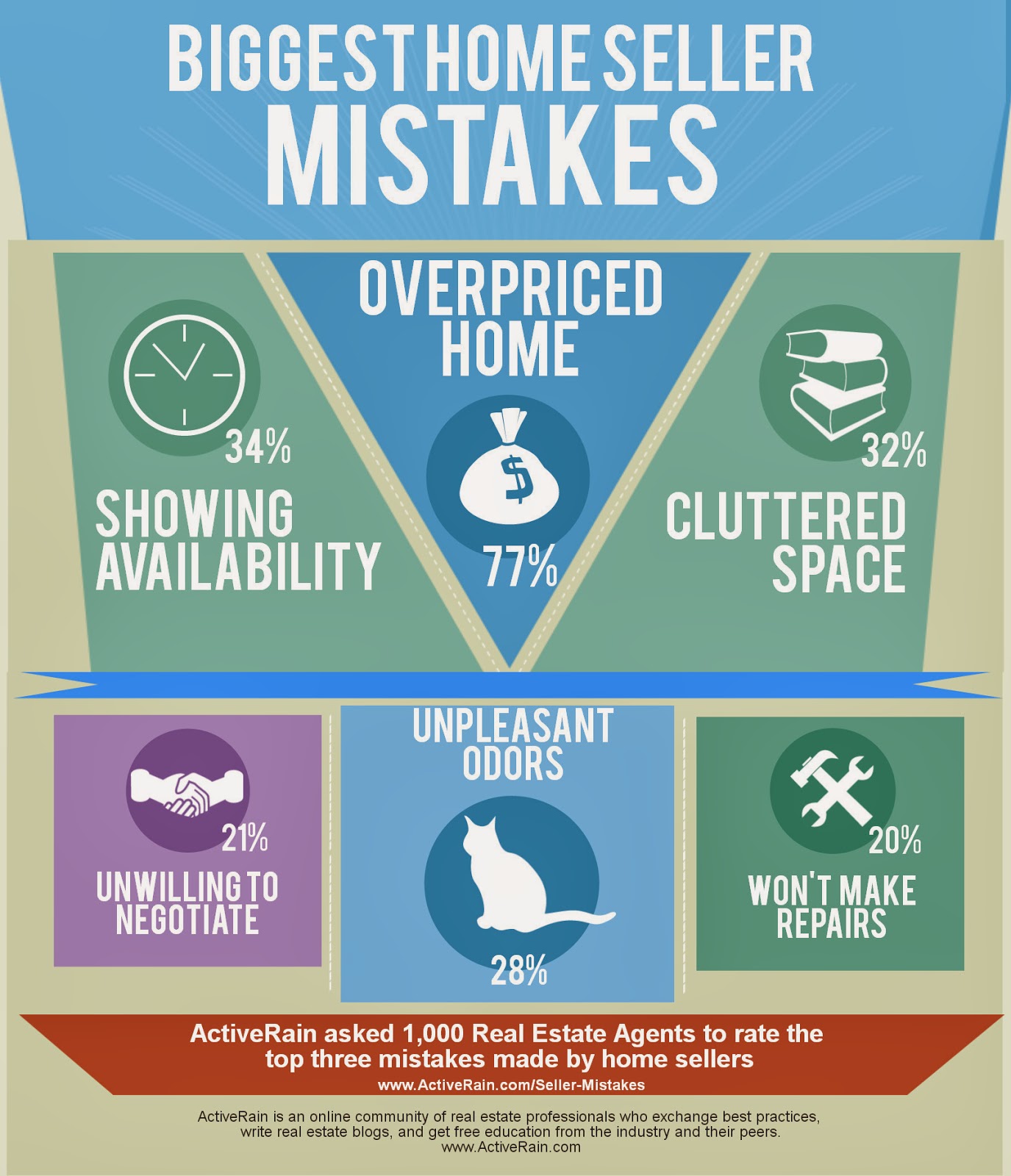I often get questions from home buyers for referrals to companies for home improvements- from little things like putting up a fan to large updates- like remodeling a kitchen. Here is a GREAT resource page for all of you central Floridians that need a good, reliable and quality contractor: The Florida Home Builders Association. Below is a link to the page that has all of the contractors available that are licensed through the Home Builders Association. http://floridahomebuildersmarketplace.com/
Below are the reason I would strongly encourage you to use one of these contractors:
- They are licensed in their field- in order to be licensed, a state agency must legally recognize your business as an entity. They are just some fly-by-night entity or a handyman that just does this as a side job.
- They are bonded- Bonding is another form of protection for the homeowner. Essentially, bonding gives homeowners the opportunity to be reimbursed for poor workmanship or non-performance by a licensed contractor.
- They are insured- Joe, your neighbor's friend who installed their dishwasher, wants to put your new screen patio on for you- CHEAP. Sounds like an easy enough job, and not too fraught with danger. But Joe cuts himself BAD while cutting the new screening. He needs stitches. He was on YOUR property doing work for YOU. Guess who gets to pick up that tab? You do. God forbid anything were to happen to the worker(s), you OR your home- the licensed contractors have it covered.
- There are minimum requirements to do a 'job'. So Joe, your next door neighbors friend who installed their dishwasher 'thinks' he might be able to install your new sprinkler system, because he watched a Youtube video? Yeah, no. Hire a sprinkler system company. It's required.
- And most importantly: They show up for the job- No, REALLY. I know you don't think this will happen to YOU, but it has happened to my clients more times that they will admit. Here's the scenario- you go with the handyman guy your next door neighbor gave you. Joe, the guy who installed their dishwasher. You want him to put your new fence up. At first things may seem fine- he comes out and measures your yard, takes a copy of your survey and a VERY large down payment to purchase the fencing, pay for the permit and rent the truck. He tells you he'll be back in a few days after the materials come in and he has the permit. A week goes by and no Joe. That's about when the excuses begin. After a week has passed, with no work being done, you call your unlicensed contractor. All you get is a recorded message, so you leave a message, politely requesting a return phone call. Several more days passed, with no response, so you call and leave another message, not as polite as the first. When the contractor does call, he is very apologetic and tells you about some catastrophe involving either his truck, his family, his help or another job he just had to complete. He promises to get right on your job the next day. A week later he still hasn't shown up, or he does show up and says he needs more money. Trust me, this happens. Don't do it- EVEN THOUGH Joe is SO much cheaper than the other guys. Should you experience the above problems with licensed contractor, you as a residential property owner have significant protections not available to persons utilizing an unlicensed contractor. Among them is the ability to file a complaint against the contractor's license, in most cases, for a period of two years from the date of occupancy or date the last work was performed. This is your guarantee should the workmanship be below standard or in violation of existing codes. In addition you can also recover a portion, if not ALL of your money. Florida has a recovery fund to help with this.
- Oh- and it's the Law:
- According to Florida Statute 455.228 if you hire an unlicensed person, the Department of Business and Professional Regulation (DBPR) may issue a cease and desist order and take you to Circuit Court which has the authority to impose a civil penalty up to $5,000 for aiding and abetting unlicensed activity.
- If you hire an unlicensed person, you may actually pay more for the job than if you had hired a licensed contractor. Especially if the work is done incorrectly or never finished. You may have to pay much more to correct or finish the job.
- If you pull a permit for an unlicensed contractor, you are held responsible for the work, not the unlicensed person.
- If the unlicensed person fails to pay the sub-contractor or suppliers, you will be required to pay them, even though you have already paid the unlicensed person.
- Plumbing, electrical, heating and air conditioning work must be done only by licensed contractors in each specific trade.
- Home improvement contractors must be Certified by the State of Florida or have County Certification.
- Roofing contractors also are required to be Certified by the State or have County Certification.
- There is no such thing as a “jack-of-all trades” or “handyman” that does not require licensure.
- A Local Business Tax Receipt (formerly Occupational License) is not a Contractor’s License. It is a tax for the privilege of engaging in the managing of a business or profession. FS 205.032
- You can be held liable for injury of individuals working on your property if the unlicensed person has no insurance including the unlicensed person’s injuries.
Okay, so that's enough of my preaching. Hire a contractor.
http://floridahomebuildersmarketplace.com/

